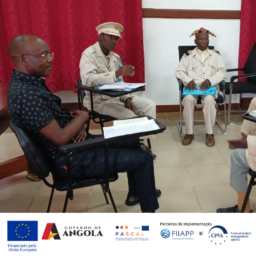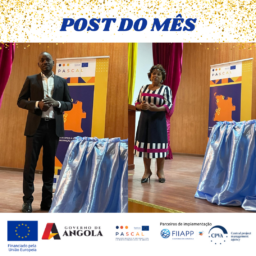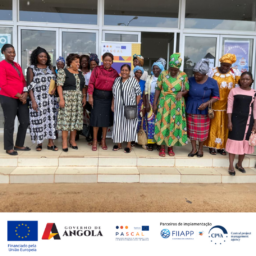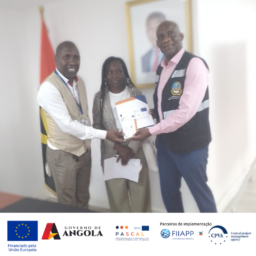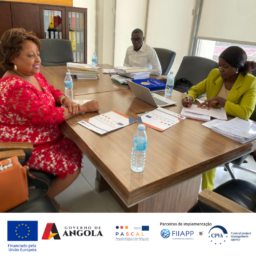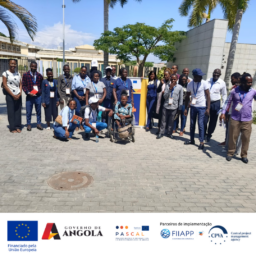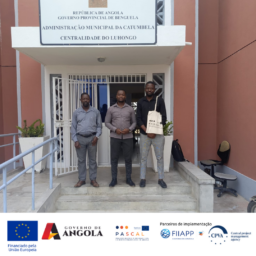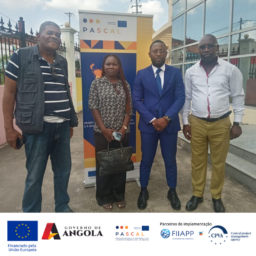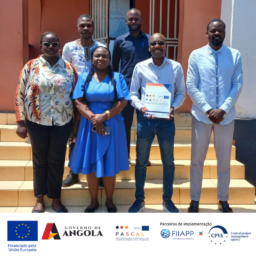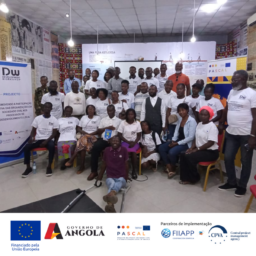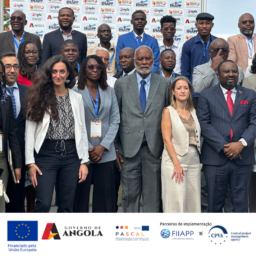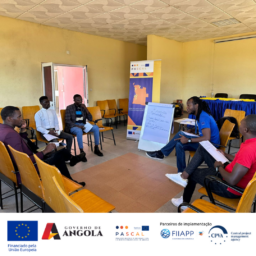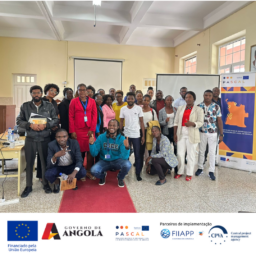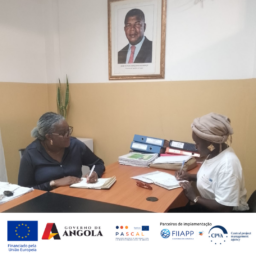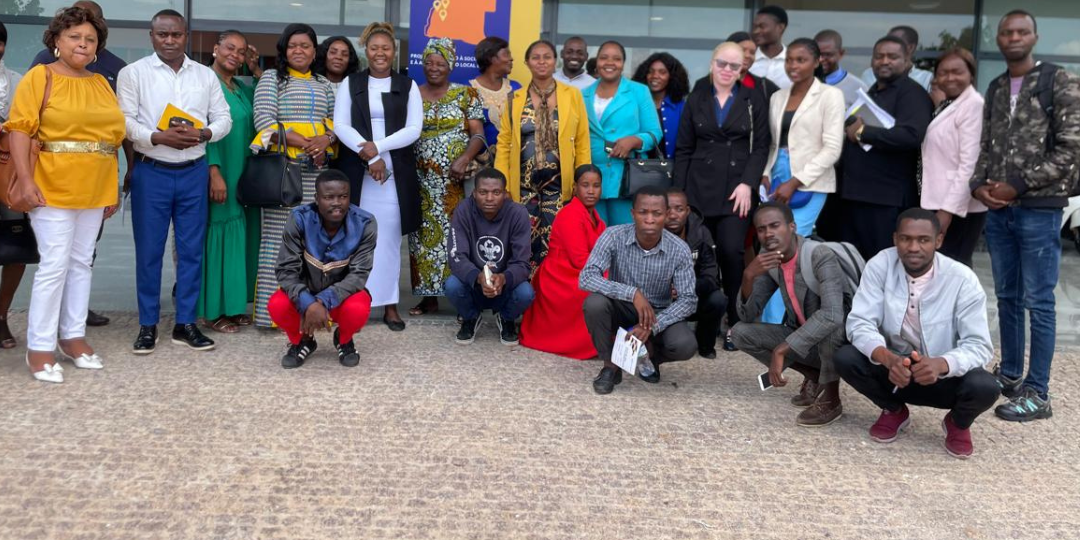
Training essential to strengthen women’s participation in governance and local development.
The training on Gender and Local Development, organized by PASCAL as part of its capacity-building activities, took place on 11 and 12 February in the CEFOJOR meeting room in Huambo. The event was attended by 34 participants (20 women) on the first day and 36 participants (21 women) on the second day, and its main aim was to strengthen women’s participation in local development activities and governance.
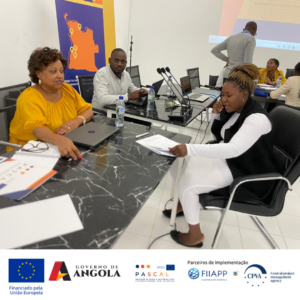
During the two-day event, the participants – who included members of Civil Society Organizations (CSOs), staff from the Municipal Administrations, CTGOM representatives from the five municipalities involved, as well as the Provincial Office for Social Action, Family and Gender Equality – had the opportunity to deepen their knowledge in the areas of associativism, civic participation and citizenship, with a focus on issues of gender equality and equity in local governance.
The training was led by Ms. Rodmira Nanga, who, with her vast experience in the area of gender and development, facilitated discussions and interactive dynamics. Participants were able to share their experiences, reflect on everyday challenges and debate solutions to improve women’s participation in decision-making and leadership processes.
During the closing session, all the participants were unanimous in considering the training an enriching moment, which provided a valuable opportunity to reflect on the roles of men and women in the local development process. This training not only strengthened the participants’ skills, but also strengthened relations between civil society organizations, creating an environment of greater cooperation and dialogue.
This event is a reflection of PASCAL‘s commitment to promoting gender equality and female empowerment, recognizing that the role of women is fundamental to sustainable development and the creation of a fairer and more inclusive society. By empowering women and men to play active roles in their communities, we seek to transform power relations and ensure that political and social decisions consider the needs of all, regardless of gender.


